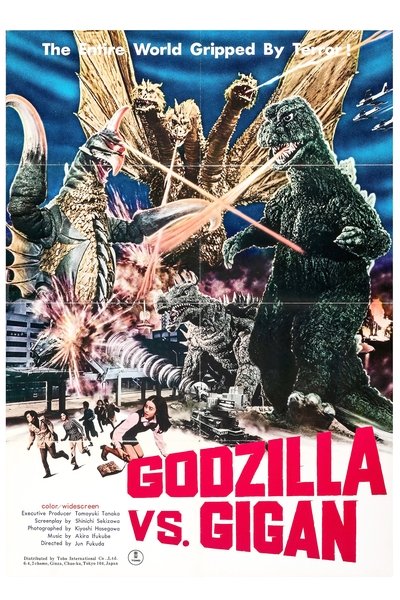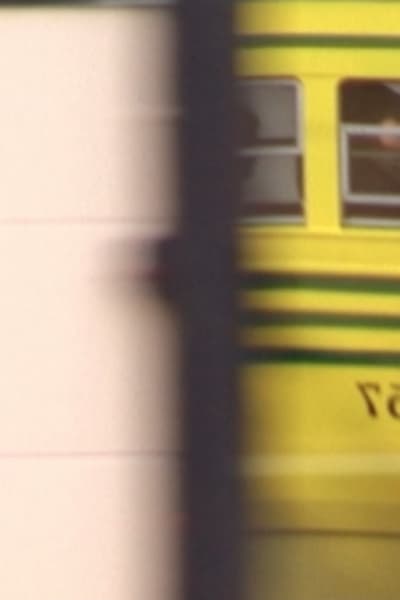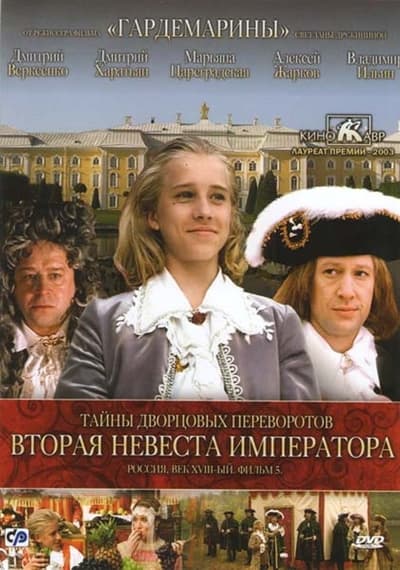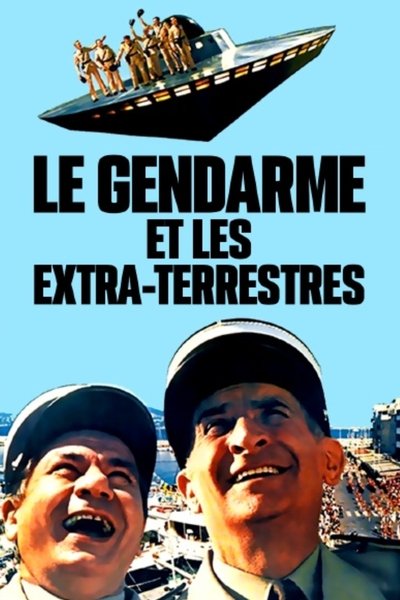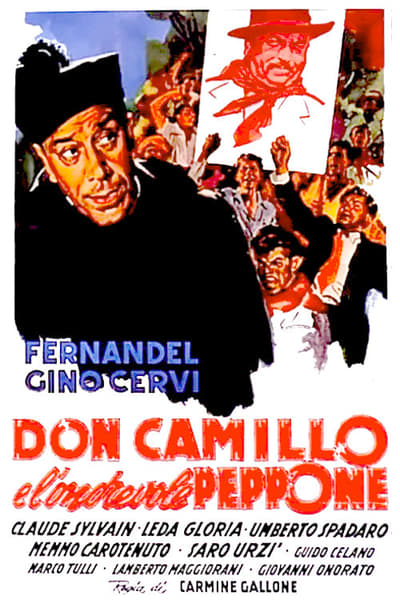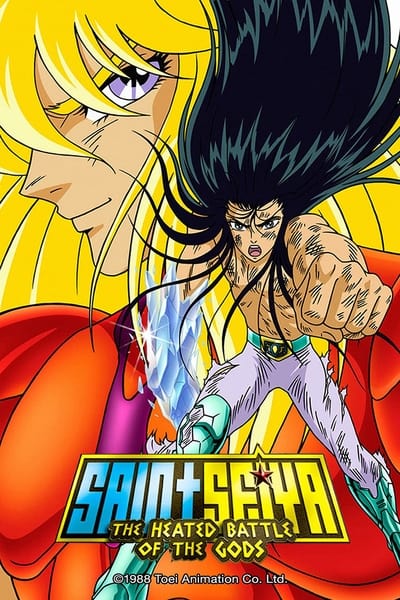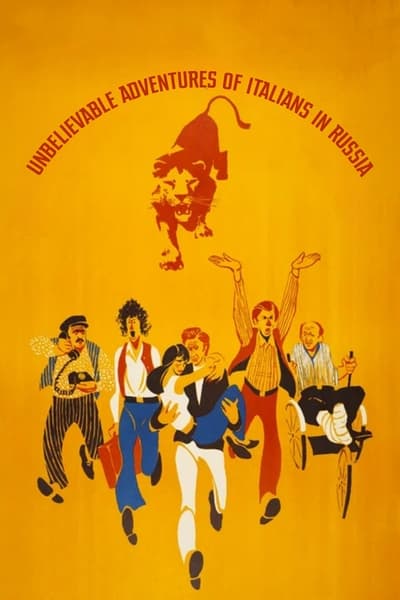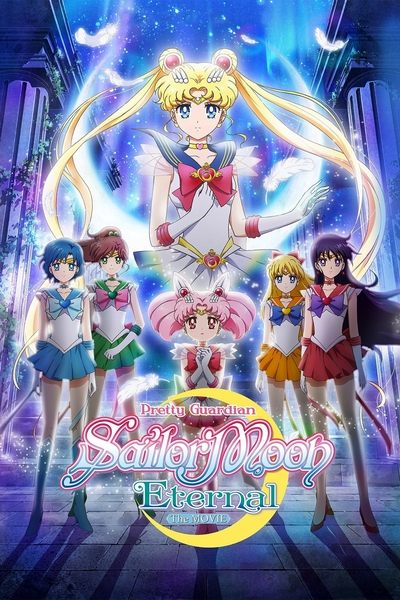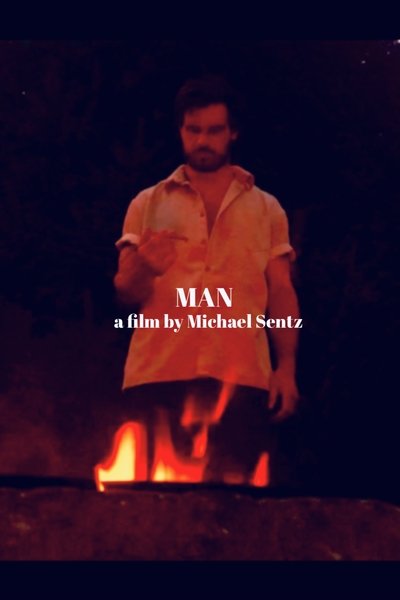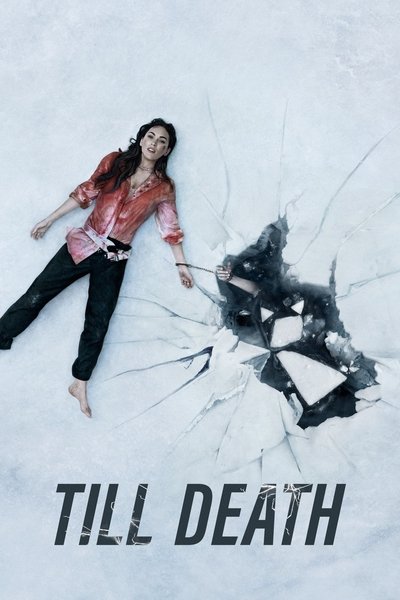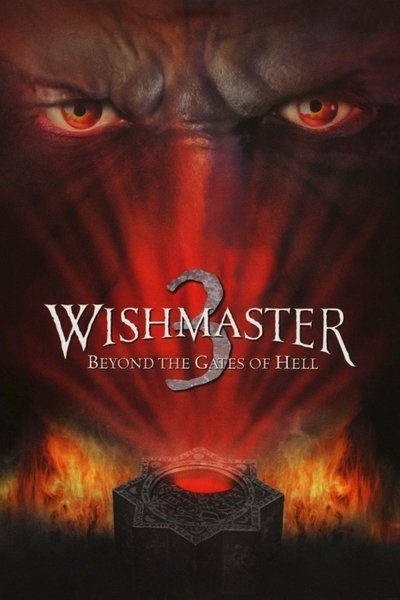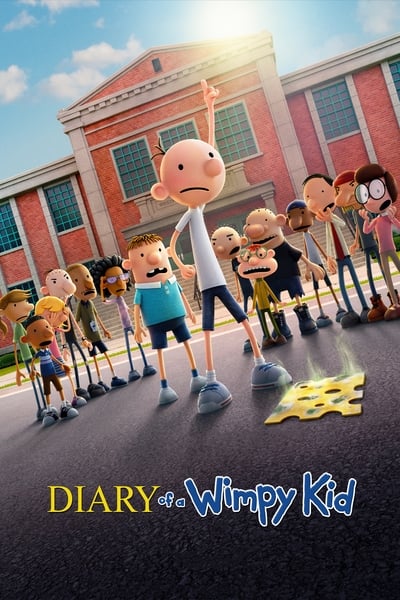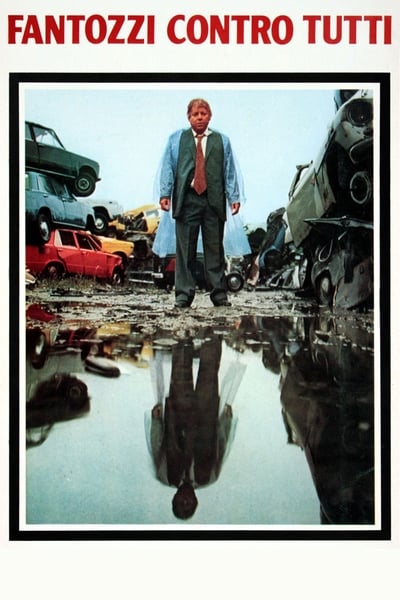
Alice in Wonderland
An adaptation of the 1886 musical “Alice in Wonderland: A Dream Play for Children” by Henry Saville Clark and Walter Slaughter, Fotopoulos’ feature length film propels the Clark/Slaughter score into the 21st century digital age. Sculptures, drawings, text, and original music are used to explore the late 19th century’s evolution of painting, literature, and theatre into early photography and moving pictures. The piece probes the interplay of art and science and in exploring these ideas certain lives and themes are touched upon – the relationship between John Ruskin and Lewis Carroll, Ruskin’s theories on drawing, Thomas Eakins’ painting and his use of photography, the burgeoning of early cinema with Eadweard Muybridge and Etienne-Jules Marey, notions of amateurism and professionalism in art and the archetype of the condemned artist. The work is presented in two acts, remaining faithful to the musical’s original construction based upon Carroll’s narratives.

Storyline
An adaptation of the 1886 musical “Alice in Wonderland: A Dream Play for Children” by Henry Saville Clark and Walter Slaughter, Fotopoulos’ feature length film propels the Clark/Slaughter score into the 21st century digital age. Sculptures, drawings, text, and original music are used to explore the late 19th century’s evolution of painting, literature, and theatre into early photography and moving pictures. The piece probes the interplay of art and science and in exploring these ideas certain lives and themes are touched upon – the relationship between John Ruskin and Lewis Carroll, Ruskin’s theories on drawing, Thomas Eakins’ painting and his use of photography, the burgeoning of early cinema with Eadweard Muybridge and Etienne-Jules Marey, notions of amateurism and professionalism in art and the archetype of the condemned artist. The work is presented in two acts, remaining faithful to the musical’s original construction based upon Carroll’s narratives.

